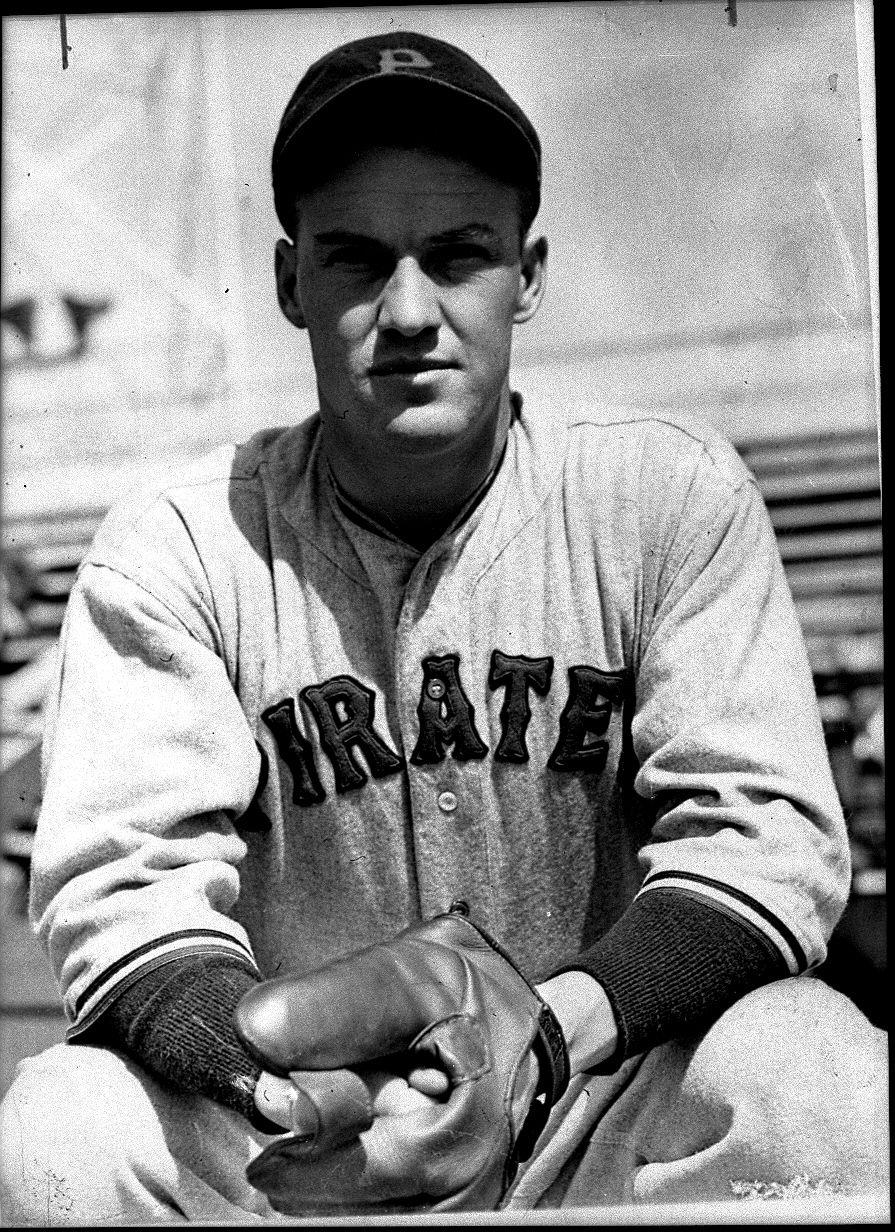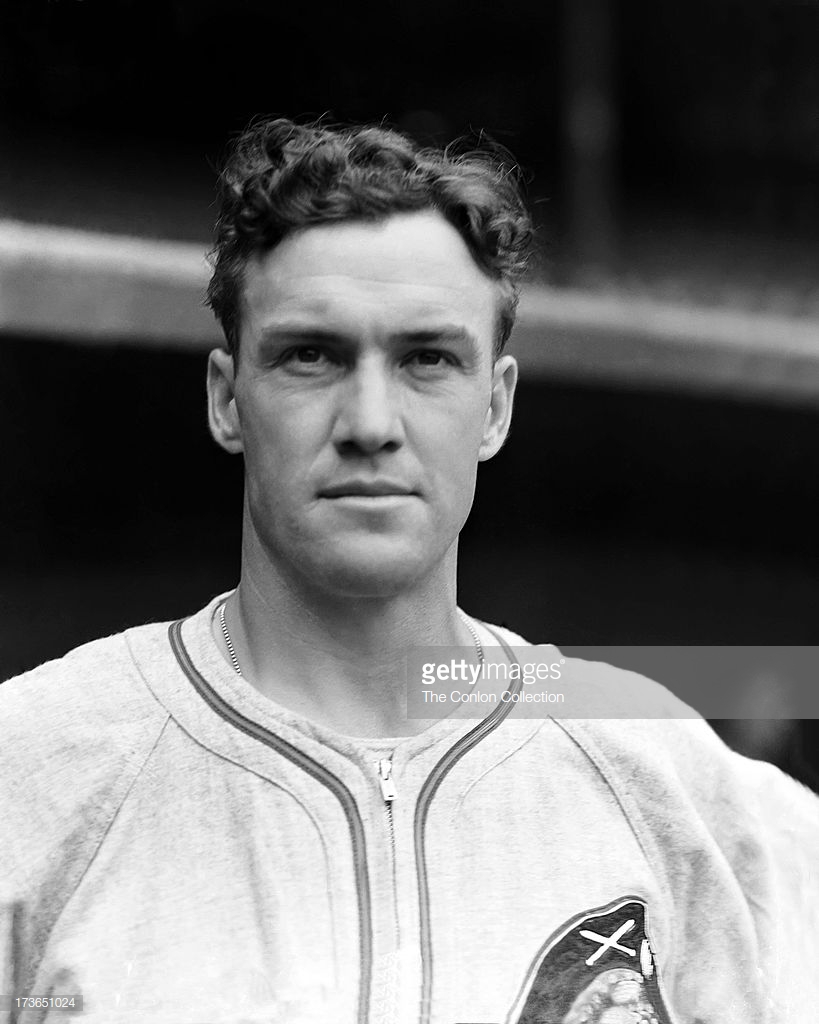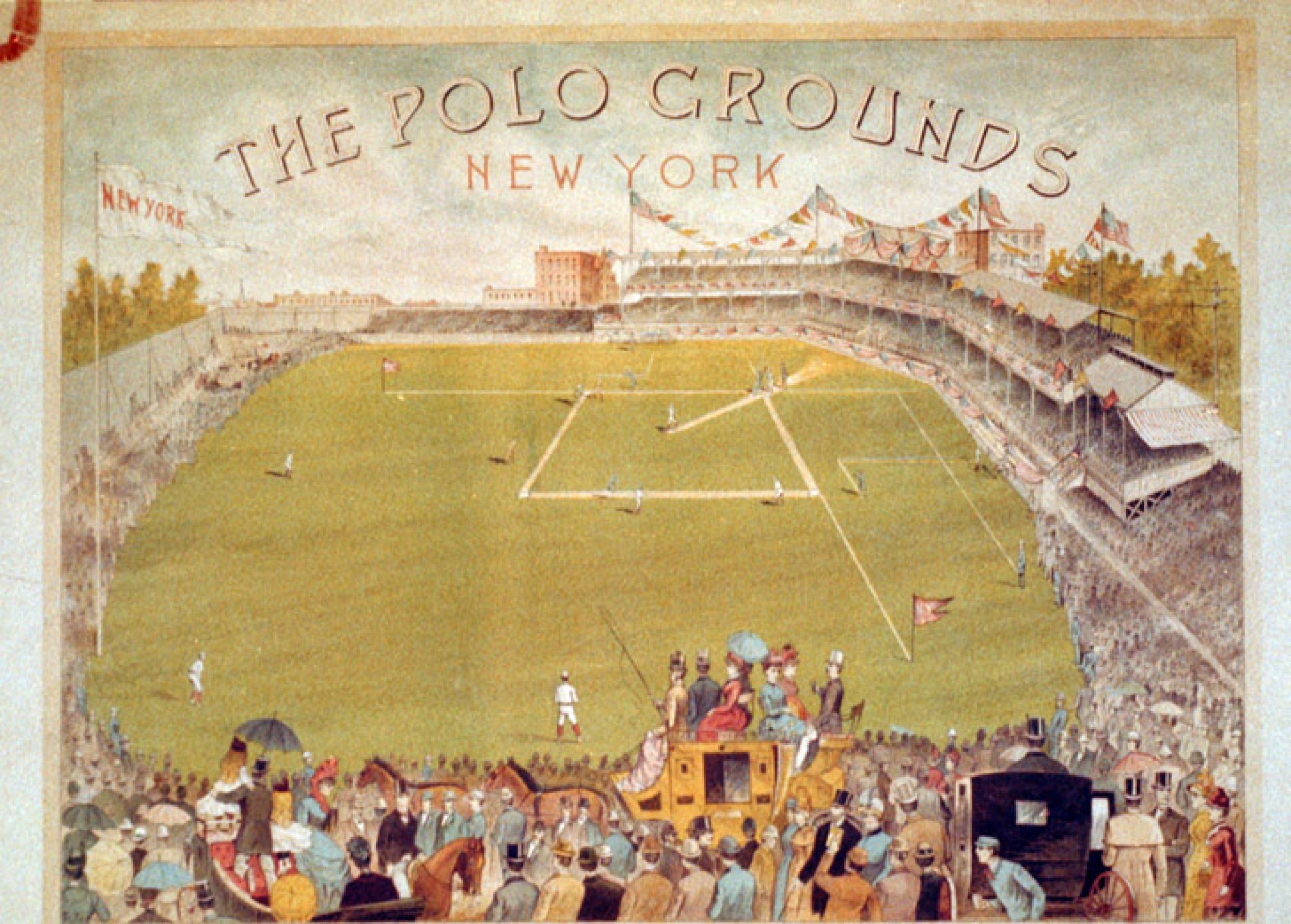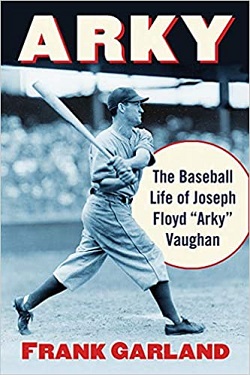THE BASEBALL HISTORY COMES ALIVE BLOG
Please note: As we compose new blog entries, we will now send each one out to all our subscribers as we post them. Here’s a link to see the entire Blog Archives -GL
June 1, 2021
I recently finished the outstanding biography of Arky Vaughan written by our reader, Frank Garland. I really enjoyed the book and wrote a review which I posted on Amazon. Besides giving a detailed look at the life of a fine ballplayer, it gives an in-depth look at baseball in the 1930s and 1940s. I think all of our readers would enjoy it.
NEW BLOG TOPIC:
My Review of Arky, The Baseball Life of Joseph Floyd ‘Arky’ Vaughan
“For going from home plate to second base I don’t think there was anybody who could match him.” -Lloyd Waner, speaking of teammate Arky Vaughan’s speed
As an avid student of baseball history I was familiar with Arky Vaughan, but I have to say I never really knew much about him. It’s always hard to say a Hall-of-Famer is an “over-looked star,” but in the case of Arky Vaughan, I think the description is appropriate. After reading the book Arky, The Baseball Life of Joseph Floyd ‘Arky’ Vaughan by Author Frank Garland, I think it’s fair to say most baseball fans would agree with me: Arky Vaughan was a much better ballplayer than most of us realize.
Frank Garland does an outstanding job of covering Arky’s 14-year career (1932-1949) in the majors, with detailed research into his life before, during, and after baseball. He also effectively demonstrates that Vaughan was a humble, devoted family man, with no use for personal glory or accolades. Basically a cowboy at heart, when he was away from the game, he desired nothing more than to live a quiet life with his family away from the limelight, happily tending to his expansive California cattle ranch. However, his quiet, unassuming demeanor hid a tough, determined competitor. Beloved by his teammates, he gave his all on the field—even though he often played hurt—and was never known to back down from a fight.

Surprisingly, we learn that Vaughan only lived a short time in Arkansas before his family moved to Fullerton California. Even so, the “Arky” nickname was soon attached to him and stayed with him his entire life. He played ten seasons with the Pirates (1932-1941) and is universally regarded as their second-best shortshop, ranking behind only the great Honus Wagner. He has been rated by some historians in the top five all-time for shortstops; while historian Bill James actually rates him number two overall. That will give you an indication of how good Arky Vaughan was.
Examining his career stats, it’s hard to understand how he was left out of the Hall of Fame until 1985, 33 years after his untimely death. Over Arky’s career, he hit .318, with 2103 hits, 1173 runs scored, 118 stolen bases, 96 home runs, 926 RBIs, .859 OPS, .453 slugging average, and a remarkable .406 career on-base percentage. He hit over .300 twelve times. Lightning fast, he led the National League in stolen bases and triple three times each, and won the batting crown in 1935. A remarkable clutch hitter with a great eye at the plate, he struck out only 276 times in 6622 at-bats. His career OPS+ of 136 places him well above the average of his contemporary players (100 being the major league average). According to the new metric win shares, Vaughan ranks as the 26th best non-pitcher in baseball history. He was also one of the few players in history to hit for the cycle two times.
Starting out shaky on defense, he improved every year over his career. He led the league in total chances in 1938–39, while finishing in the top three in fielding percentage four times. Many feel his extraordinary range allowed him to get balls other shortstops would never reach and probably contributed to his high yearly error totals.

His best year, 1935, was one of the best offensive years ever. The season has been called the best ever by a shortstop other than Honus Wagner. That year, Arky led the National League in batting average (.385), walks (97), on-base percentage (.491), slugging (.607), and OPS (1.098). His league-leading 190 OPS+ is “off the charts,” and still ranks as one of the top 100 single-season scores of all time. He also hit 19 home runs and drove in 99 runs. In his ten years with the Pirates, the nine-time All-Star never hit below .300, with a .324 overall average, .415 on-base percentage, .472 slugging average, and a 141 OPS+. His .385 batting average that year is still a 20th-century major league record for National League shortstops.
Traded to the Dodgers for the 1942 season, he finally broke his .300 streak when he hit .277, but he rebounded to .305 average in 1942. However, it was during that season when he had a severe personality clash with his abrasive, foul-mouthed manager Leo Durocher, who, as the author says, “was everything that Vaughan wasn’t.” It was an abusive incident involving Durocher and pitcher Bobo Newsom that finally put Vaughan “over the edge.” Vaughan staged a one-man mutiny against Durocher, handing him his uniform and effectively walking off the team. It took an effort by team president Branch Rickey to calm Vaughan and convince him to rejoin the team.
Whether it was due to “having his fill” of Durocher, or continued nagging injuries, or a combination of both, Vaughan decided to sit out the next three seasons during WWII (1944-1946), in spite of pleadings from Branch Richey that he return. With an agricultural deferment, he opted to remain on his California ranch during the war. He finally returned for the 1947 season in time to make his only appearance in the World Series in a pinch-hitting role. Notable that year was Jackie Robinson’s comment that Arky Vaughan was one of Jackie’s few teammates who treated him with respect.
Following his career, a freak boating accident in 1952 cut his life short at age 40. His early demise and his quiet, unassuming demeanor resulted in Arky Vaughan quickly falling off the baseball radar. These may have been the major factors that kept him out of Hall-of-Fame consideration until a concerted effort led by his daughter, Patricia Vaughan Johnson, finally resulted in his overdue selection in 1985.
In Arky, The Baseball Life of Joseph Floyd ‘Arky’ Vaughan, Author Frank Garland, has done a commendable job in bringing into focus the life story of this remarkable ballplayer. It’s a well-written, well-researched book that finally shines the baseball spotlight on an outstanding player who deserves much more acclaim than he has received in the past. He may well be the best player you know very little about, but I can guarantee that will change after you read this book. It’s one I highly recommend to all baseball fans.
Gary Livacari
As always, we enjoy reading your comments
Here’s a link to see the entire Blog Archives



Nice piece, Gary.
Going to add it to my reading list. I attended the 1985 HOF induction @Cooperstown when Vaughan was selected posthumously. Enos Slaughter also posthumously.
Lou Brock and Hoyt Wilhelm, too.
I am currently reading “Our Team” by Luke Epplin, a terrific book about the 1948 Cleveland Indians and the interactions among Satchel Paige, Larry Doby, Bob Feller and Bill Veeck.
Thanks Paul .If you were at the induction ceremony, you probably remember that it was Arky’s daughter, Patricia Vaughan Johnson, who gave the induction speech. After reading this book, I’m really amazed at how good Arky Vaughan actually was.
Gary,
I remember a relative accepting and giving the speech, but the passing of 36 years time does dim the memory as to who it was. In those days, you could park on the street a couple of streets away and get a great view from Cooper Park behind the HOF library.
Thanks.
YFE,
As I said in a previous comment, during the dawn of my fandom, I remembered Vaughn as a good utility player for the Dodgers in 1947.
Like your line, “He may well be the best player you know very little about.” Nice review.
TOB
Thanks Bill…I certainly learned a lot about him in reading this book!